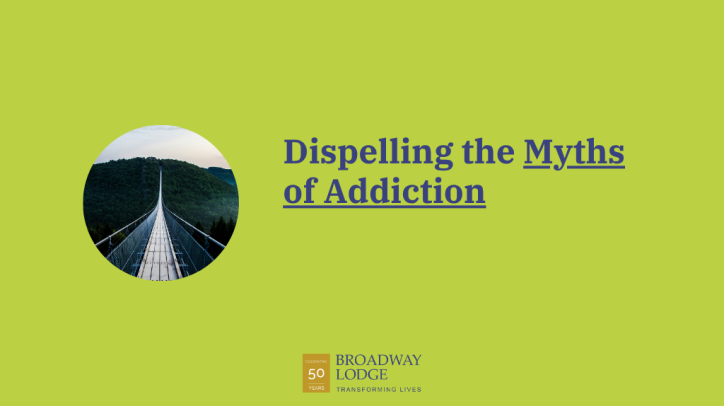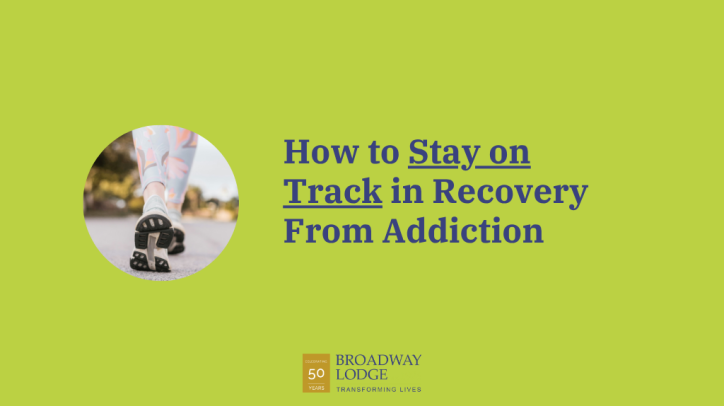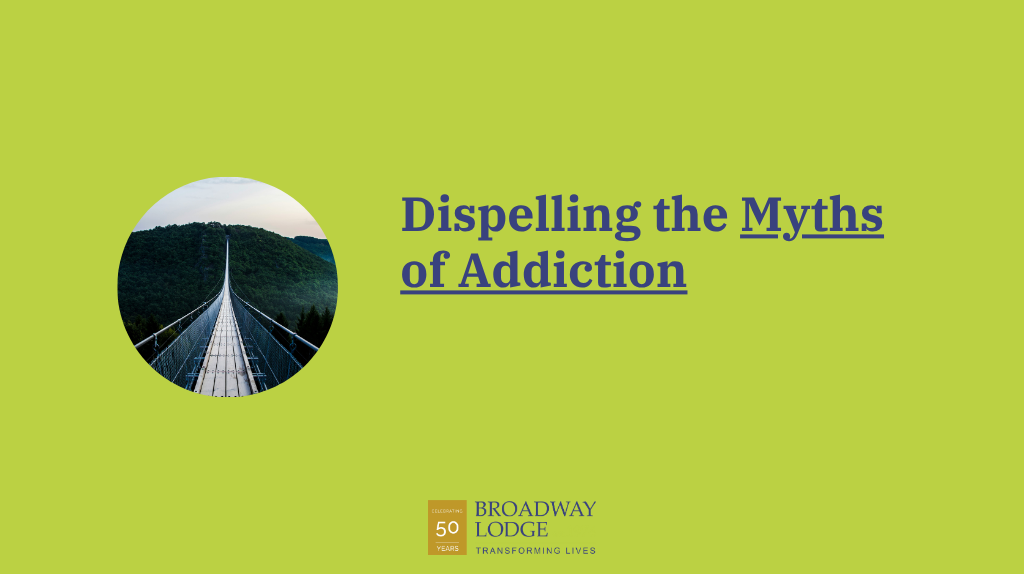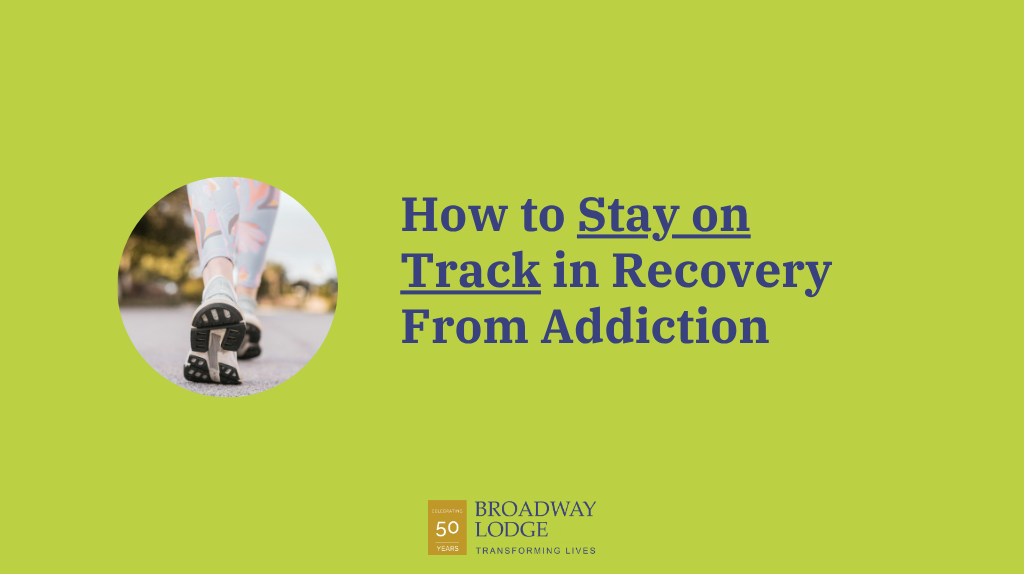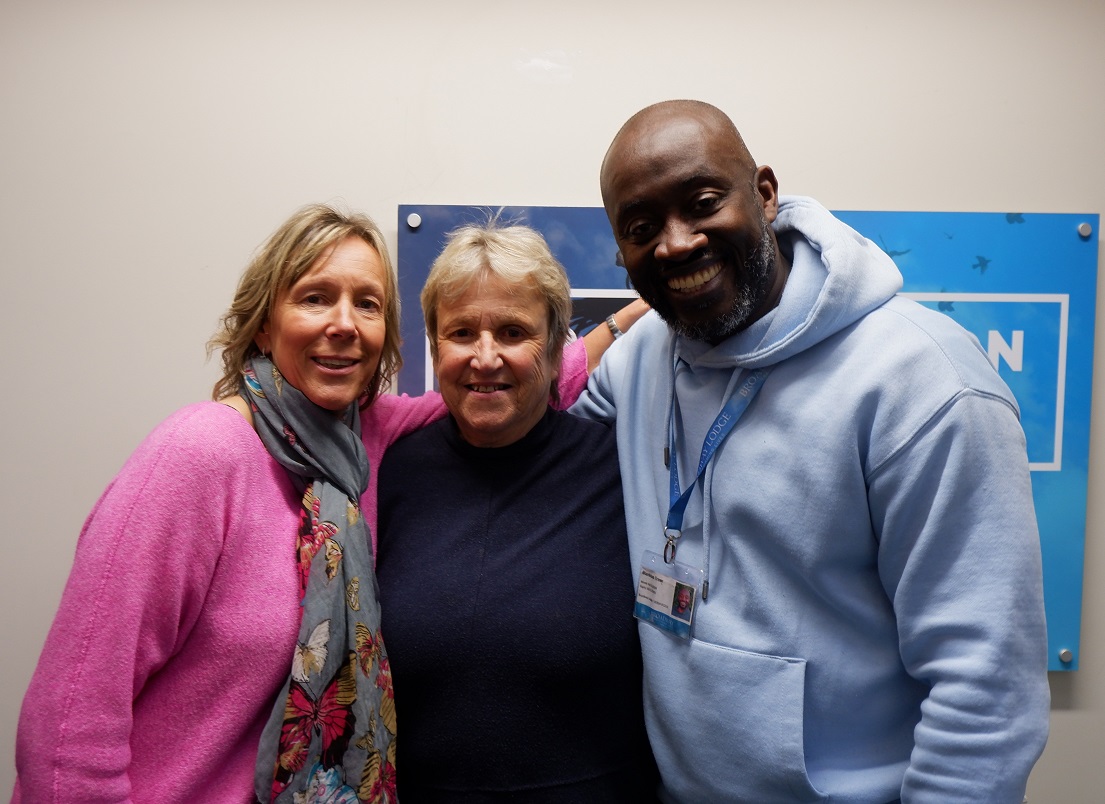An important part of addiction rehabilitation and recovery is the prevention of relapse. Finally free from the immediate grip of alcohol or drug addiction, it is sad to see a person succumbing to their original temptations. A variety of techniques have been used to head off relapse but now new technology is beginning to offer new ways of preventing relapse.
Rehabilitation and relapse prevention – the story so far
Relapse rates for addicts in recovery vary enormously. It can depend on the substance being abused and the time in recovery but rates can be pretty high because addiction is a chronic problem. Interventions to prevent relapse in those recovering from addiction are usually made after the sufferer has firstly undergone detoxification – this is the process of getting the addict clean of their substance and stopping their alcohol or drug use.
The follow-up treatment involves helping the individual to live an abstinent life. To achieve this 12-step programmes typically encourage addicts to examine their lives and change their habits and triggers. A variety of different psychosocial (a combination psychological and social) and pharmacological interventions are already available to prevent relapse. The main aim is to support, motivate and encourage effective coping skills in the recoverer.
Use of technology to prevent relapse
The internet is a great instant resource for those in recovery who are seeking support and further information. You can discover numerous websites devoted to addiction and recovery. New technology which garners the power of the internet, mobile phones and other advances such as Bluetooth communication is showing considerable promise for the assessment and prevention of relapse. In addition to helping prevent relapse, some innovative technology can actually proactively safeguard against relapse rather than just responding once it occurs.
Here is how technology can help prevent relapse:
- Social media groups – social media such as Facebook or blogging groups can be a source of instant support and motivation especially if individuals are isolated or not sufficiently confident to engage in social settings. They can be a great resource for sharing stories and even meeting people (all subject to the usual safety rules of course). You can even search for, and attend, 12-step meetings online.
- Smartphone apps – there are now many apps which target addiction and behaviour modification to support the journey of those in recovery. Once download on your phone they can do everything from send you supportive alerts and motivation messages, to alerting you when you are in at-risk locations e.g. near alcohol retailers. Other apps (e.g. recoveryBox) enable the users to track their recovery progress – here users input their daily choices so they can assess how they are doing.
- Relaxation apps – when in a high-risk state of mind, meditation and mindfulness can be invaluable to return those in recovery to a calm state. It is then easier to remember and apply the coping strategies they have learnt e.g. distraction, communication and engaging in pleasant, diverting activities
- Body monitoring technology – Fitness and health monitors such as Fitbit have become ubiquitous in society generally. Such devices are worn on your wrist as a watch and communicate via Bluetooth with an app downloaded to your smartphone. The app can gather and report on data about your heart rate, exercise, diet, sleep patterns, etc. – all handy for keeping your body healthy and on track.
The use of technology to prevent relapse can empower those in recovery, giving them a degree of autonomy and control which in itself can be motivating and healing. However, it is critical to remember that attendance of 12 step fellowship meetings (AA, NA, etc) remain a critical part of anyone’s recovery and that technology will never completely replace the benefit of face to face sharing.
It is important to remember that people can and do recover from addiction to harmful substances. After you have taken the step into rehabilitation and are on the journey to recovery, it is vital to think about relapse prevention. Once you are abstinent you can be equipped with coping skills to successfully manage future high-risk situations to stay alcohol or drug free.
At Broadway we will support you every step of the way, from detoxification, into recovery and building a strong relapse prevention plan.



